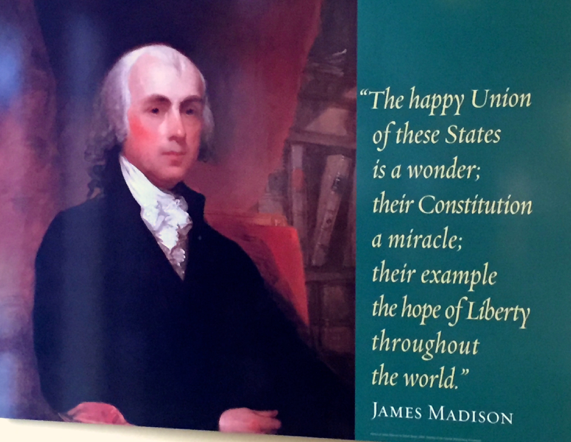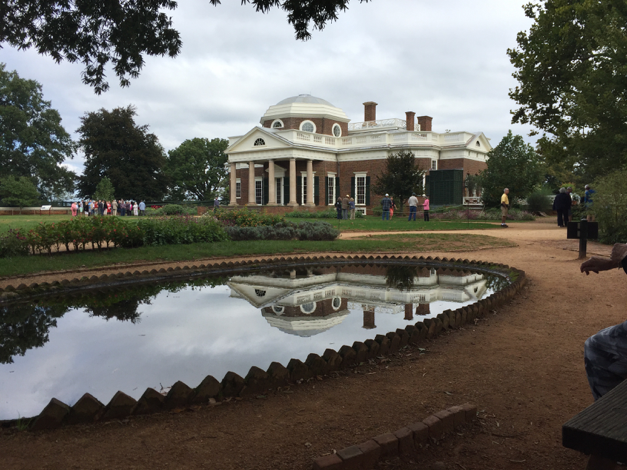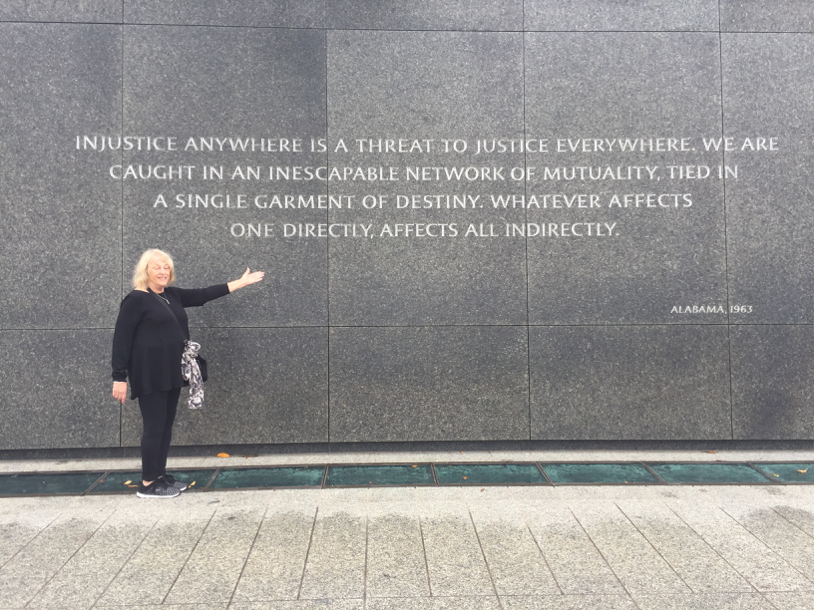
There is a widely held belief that the racism, xenophobia and violence of this election cycle is an aberration and that reasoned debate has been the default mode of American presidential politics since the republic was founded. In his review of Alan Taylor’s American Revolutions: A Continental History 1750 – 1804 (London Review of Books) Eric Foner points out that this belief, like many others about our country’s origins, is dead wrong.
Long before there were Trumpians and Clintonians there were Federalists and Jeffersonian-Republicans. The American Revolution was, after all, a revolution. There were British Loyalists ready to die for the Crown and separatists focused on independence willing to do the same. There were slavers and abolitionists, isolationists and royalists, those who wanted a strong central government and those who saw tyranny in that prospect, and, once the formation was complete violent disagreements continued. Remember Alexander Hamilton and Aaron Burr?
In 2015, long before the current vitriolic election cycle, M and I planned a visit to the other Washington to see what was new on the Mall and visit some historical sites. This month we took two and a half weeks to do it and named it the Renew Our Faith in America tour. The timing was serendipitous but given the current political free-for-all it was the perfect time for a democratic refresher. The jury is in and our faith renewed and in the process it gave us renewed perspective on the foundations of our democracy as well as some of the current issues.
On the road we got reacquainted with American history and found it both inspiring and tragic. The costs have been enormous and so have its successes. Our travels took us to George Washington’s Mt. Vernon, Jefferson’s Monticello, Madison’s Montpelier, Monroe’s Ash-Lawn Highland and the Civil War battlefields of Antietam and Gettysburg (with our friend and guide, Dr. David Boyd). It was like drinking from the proverbial fire hose.

We were reminded that the Founding Fathers were thoughtful, philosophical, creative and practical – but also flawed human beings. Four of the first five presidents – Washington, Jefferson, Madison, and Monroe were Virginians, all of them slave owners. All are on record as questioning the morality of slavery, but Washington is the only one of the four who freed his slaves (in his will).
If we wonder about racism in America all we need to do is remind ourselves that the nation was founded on a slave-supported economy. We have made enormous strides in establishing equality but it may be that we will never completely overcome our history of slavery. All of the estates we visited acknowledge that the owners were slave holders and all of them have gone to lengths to incorporate the history of the enslaved in their materials, but as tempting as it is to believe that these Founders were kind and considerate to their “human property,” all we need to do is see where and how they lived on these estates to understand that they were not. This morning, on BBC Radio a commentator mentioned that when a black man commits a crime it reflects on the whole race while a crime committed by a white person does not. This is obviously unacceptable.
Still, despite their human flaws, the lives and homes of the Founders are impressive, none more so than Jefferson’s at Monticello. On the other hand, we remember that Jefferson the architect, scientist, surveyor, farmer, politician, writer, diplomat, Vice-President and President of the United States died deeply in debt and his heirs had to sell off the property to pay the debt. For decades after his death the estate was unoccupied and deteriorating. It was only through the generosity of a deeply patriotic and philanthropic Jewish family (see the fascinating book Saving Monticello by Marc Leepson for the whole story of the Levy family’s epic quest to rescue the house) that Monticello was saved, restored, and donated to become what is now the only private home in the US designated a UNESCO World Heritage site.

As this 2016 election approaches I think of the Founding Fathers, of their love for the new country and their devotion to the principles of the Enlightenment that underlie its founding documents. I am reminded that these men were entirely human but not venal, narcissistic, or vindictive, that America, for them, was a grand new experiment in democratic government. “We the People…” I think America can survive this painful election campaign. I believe it is capable of moving forward toward “a more perfect union,” in spite of the flaws of the two candidates currently striving to be its next President. The Founding Fathers planned and envisioned a political unit that was greater than any one individual leader and one that would evolve for the greater good of all its citizens. In that sense the Renew Our Faith in America Tour was a success, and though racism, anti-Semitism, xenophobia, and violence continue to be elements of the culture I was inspired to see how the building blocks were put together to honor the will of the people and mitigate against tyrannical rule.

Martin Luther King Memorial on the National Mall































